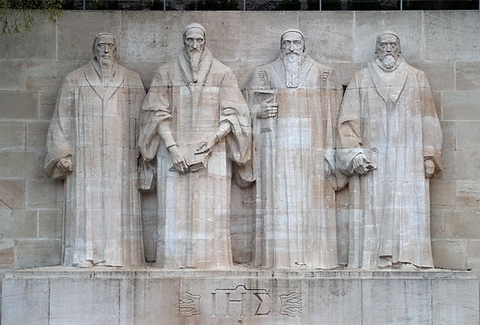You are here: » Christianity in View » Introduction to Protestantism » Conclusion
 Conclusion
Conclusion
Protestantism shares with Christianity as a whole the issues and concerns of the 21st century. On the negative side, the apparent decline of church attendance in Europe presents a serious challenge for Christians everywhere to look at different ways of spreading the gospel message. Christianity’s centre of gravity has moved away from Europe and indeed, it seems to lie in Africa, Asia or South America, where some of the fastest growth rates are to be found. As we saw in the section ‘Denominations’, the Pentecostal movement has played a huge part in this.
Sadly, inter-denominational conflict still remains in some parts of the world, but the overall situation is vastly improved. Some groups (e.g. The Methodists) have reunified themselves following previous internal disagreements and in some countries (e.g. Australia with the ‘Uniting Church’) there have been unions that have cut across several Protestant denominations. The modern ecumenical movement has done much to encourage a sense of shared faith and common understanding. These ideas have spread, not just between Protestants but across all of Christendom. Catholic, Protestant and Orthodox can now meet and pray together in a way that might have seemed unthinkable only several decades before.
At the beginning of this Introduction to Protestantism, we quoted Jesus’s prayer from John 17. We now quote it again – our oneness is rooted in Christ, our Saviour, Redeemer and Lord:
“That they all may be one, as thou, Father, in me, and I in thee; that they also may be one in us: that the world may believe that thou hast sent me. And the glory which thou hast given me, I have given to them: that, they may be one, as we also are one.”
John 17:21-12 (DRB)
Amen !

The Reformation Wall, Geneva.
From left to right: William Farel, John Calvin, Theodore Beza and John Knox.
 Wise words:
Wise words:
“All who call on God in true faith, earnestly from the heart, will certainly be heard, and will receive what they have asked and desired.”
Martin Luther (1483-1546)